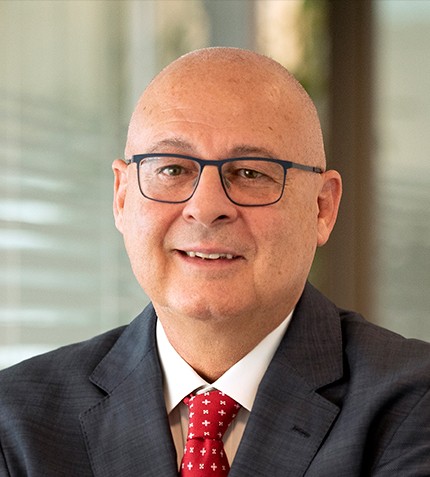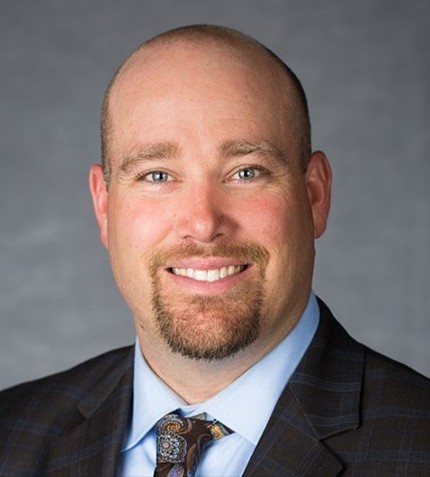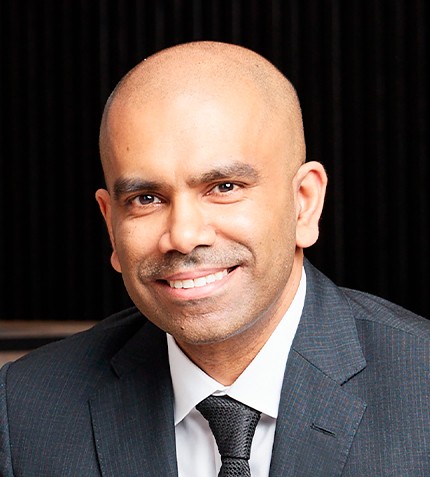
"Our experience with regulations is unmatched in Latin America, covering extended producer responsibility, single-use plastics laws, and taxes on plastic bags and packaging."
Daniel Mitchell
EXECUTIVE PRESIDENT, ACOPLÁSTICOS
Do you think that the plastic sector in Colombia is recovering?
When comparing figures, 2023’s negative numbers mirrored the positive numbers of 2022, balancing the growth. Inventory accumulation was a key factor, making 2023’s results seem worse out of context. However, companies were prepared, making the situation manageable. In 2024, while prices remain stable but low due to global oversupply, the petrochemical sector continues to adjust. Colombia enforced Law 2232, banning single-use plastics, starting on July 7.
What are your thoughts on this new regulation, and what are some exemptions?
I would say this process was rushed, but now Colombia has one of the most robust plastic regulations. In 2022, the government enacted a law targeting single-use plastic products, which mandates that certain items like bags, tableware, and straws must transition to more sustainable alternatives made from recycled or reusable materials —otherwise, they will be phased out of the market.
Bags, straws, stirrers, etc., are the products that face the toughest regulatory impact. They represent around 4% of Colombia’s plastic industry, impacting roughly 9,000 jobs, 100 companies, and around 50-60,000 tons of plastics annually. Now, companies must either transition to producing items with recycled materials, explore biodegradable or compostable alternatives, or adjust designs for reusability. However, bio-based products often cost two to three times more than petrochemical-based ones, adding significant financial strains. This poses an additional challenge for this transition.
It is worth highlighting that this legislation considers the impact on business by exempting essential goods and medical items from these regulations. Products that demonstrate a lower environmental impact through a comprehensive life cycle analysis (LCA) can also be exempt.
How do you see Colombia now in terms of recycling opportunities?
Opportunities in Colombia’s plastic industry are immense. The new law sets ambitious and specific targets for various categories: PET bottled, rigid containers, flexible packaging, and thermoformed products. Major petrochemical companies are investing in both mechanical and chemical recycling. Investments in expanding PET and polyolefin recycling capacities have also been substantial, exceeding US$100 million over the last three to four years. Now that compliance is mandatory, making recycled materials competitive with original ones, especially during low prices, I expect this trend to continue.
What are some initiatives Acoplásticos is working on?
We are focused on two significant fronts: sustainability and business opportunities. For business opportunities, we aim to help companies find new markets through trade fairs and business roundtables. These activities can stimulate and create opportunities across various segments of the plastic industry.
In terms of sustainability, we work on five pillars. First, companies can improve product design through eco-design, making products easier to recycle and containing recycled materials. This presents technical challenges, so we collaborate closely with the Instituto de Capacitación e Investigación del Plástico y del Caucho (ICIPC) for eco-design certifications. Within this program, we adhere to Operation Clean Sweep Colombia standards to prevent plastic pellet spills. Second, our “Dale vida al Plástico” campaign raises consumer awareness about recycling. Third, we strengthen the recycled plastics market through financing events and capital initiatives with the stock exchange. Fourth, our “ACOREP” waste packaging plan ensures compliance with producer responsibility regulations. Lastly, we monitor regulations, technology, and norms via our Plas-tic observatory, offering guidance in the evolving plastics circular economy sector.










